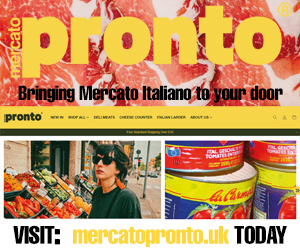Early mornings offer many rewards. Today, as I listened to the morning chorus, my trusty Merlin App captured the sounds of wrens, robins, blackbirds, dunnocks, thrushes, and goldcrests as they competed with sheep and pheasants amidst the morning chatter. However, despite their prominence in the past, there was no nightingale, a bird that is becoming increasingly rare in these parts. Taking a final look at this issue, I was fascinated to learn from Michael McCarthy’s Nature Studies article that the nightingales that come to Britain all spend their winters in the same location, while European nightingales prefer to spread out over a wider area. Yet, it seems jetting off to the same spot each year may have its drawbacks. Michael expresses his concerns that we may lose them forever from these shores. Elsewhere in this issue, Dr Sam Rose speaks to Sophie Pavelle about the interconnectedness between species and the relationships that underpin natural environments. She perceives nature’s symbiotic relationships as offering valuable lessons for us on how to live better together and alongside the planet. Speaking with Emma Simpson about her relationship with wild swimming as a means of coping with trauma reminded me of how Anna Whitwham used boxing to deal with the trauma of losing her mother (see www.marshwoodvale.com). Sometimes, we need a physical immersion outside of our day-to-day lives to attempt a reset or counterpoint. Then there is, of course, the other immersion that has been the mainstay for relaxation and escape from daily pressures—the glass of wine. Bob Ward has been exploring how climate change could affect Dorset’s wine growers, and, as is often the case after a glass of wine, there are some positives.



